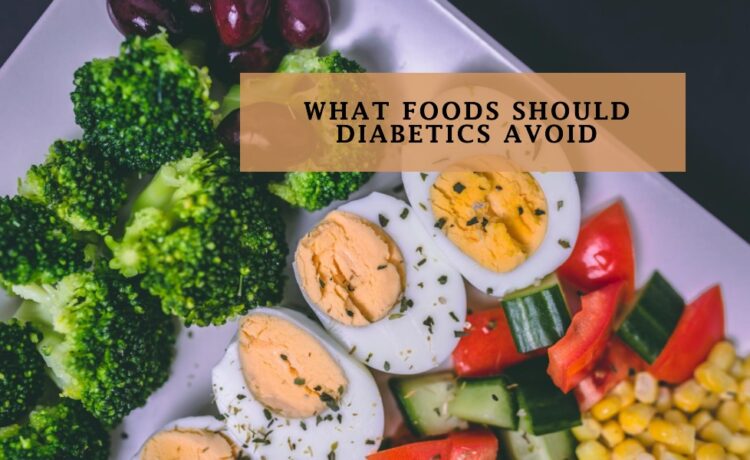Introduction
Diabetes is more than just a health condition; it’s a lifestyle that demands meticulous management, particularly when it comes to what you eat. Understanding the relationship between blood sugar levels and your diet is crucial. The right food choices can help maintain balance, while the wrong ones can lead to spikes in blood sugar that may cause complications. This guide dives into the foods that diabetics are often advised to avoid to keep their glucose levels in check.
High-Sugar Foods and Beverages
The most obvious culprits in disrupting blood sugar equilibrium are foods and drinks high in sugar. Consuming candy, desserts, and sugary sodas can cause rapid increases in glucose levels. While it might seem challenging to curb the sugar cravings, there are alternatives. Fresh fruit, while still sweet, contains fiber which helps to regulate blood sugar levels, making it a better choice for a sweet treat.
Refined Carbohydrates
Refined carbohydrates are stripped of their fiber and nutrients, quickly converting to glucose upon digestion. Items like white bread and pasta, while staples in many diets, can lead to glucose spikes. Instead, opt for whole-grain options which contain more fiber and have a lesser impact on blood sugar.
Processed and High-Fat Meats
Processed meats high in saturated fats can be detrimental to cardiovascular health, a major concern for diabetics. Instead of bacon or hot dogs, choose leaner proteins like chicken breast, fish, or plant-based alternatives to reduce the intake of unhealthy fats.
Full-Fat Dairy Products
Similar to high-fat meats, full-fat dairy products can affect heart health due to their saturated fat content. Diabetics should be mindful of their consumption of products like whole milk and cream. Low-fat or fat-free dairy options can be a healthier part of a diabetic diet.
Fried Foods and High-Fat Snacks
The allure of fried foods and snacks like chips is tough to resist, but their high-fat content can have adverse effects on insulin sensitivity. Baked snacks, air-fried vegetables, or nuts can satisfy the craving for crunch without the unhealthy fats.
Alcohol in Excess
Alcohol can be tricky as it affects blood sugar levels in various ways. Moderation is key. Diabetics should follow their healthcare provider’s recommendations on alcohol intake to avoid unnecessary risks.
Salty and High-Sodium Foods
High sodium intake can lead to hypertension, a common comorbidity with diabetes. It’s wise to avoid overly salty snacks and meals and instead flavor foods with herbs and spices.
Some “Diet” Foods
Not all foods labeled as “diet” are beneficial for diabetics. Some may contain artificial sweeteners that can still affect blood sugar levels. Reading labels is essential to understand what you’re really consuming and making informed choices.
Conclusion
Navigating a diabetic-friendly diet doesn’t have to be daunting. Avoiding foods high in sugar, bad fats, and sodium is a strong starting point. Integrating a variety of vegetables, lean proteins, and whole grains can not only keep blood sugar levels stable but also contribute to an overall healthier lifestyle. Remember, individual needs can vary, so consulting with healthcare professionals for tailored dietary advice is always recommended.













